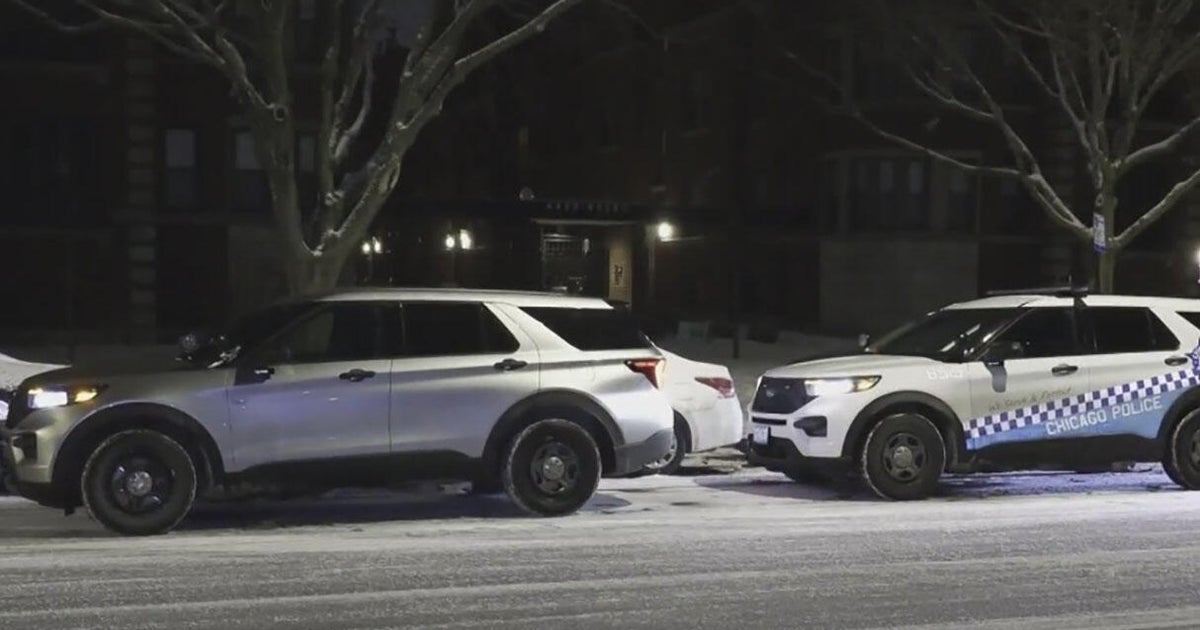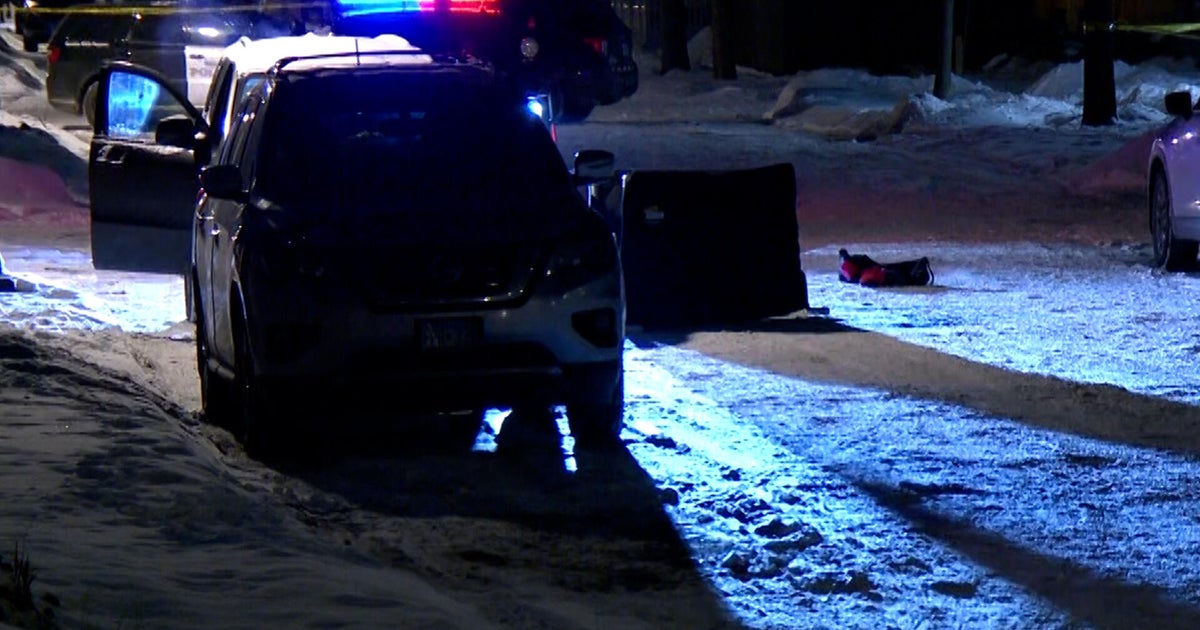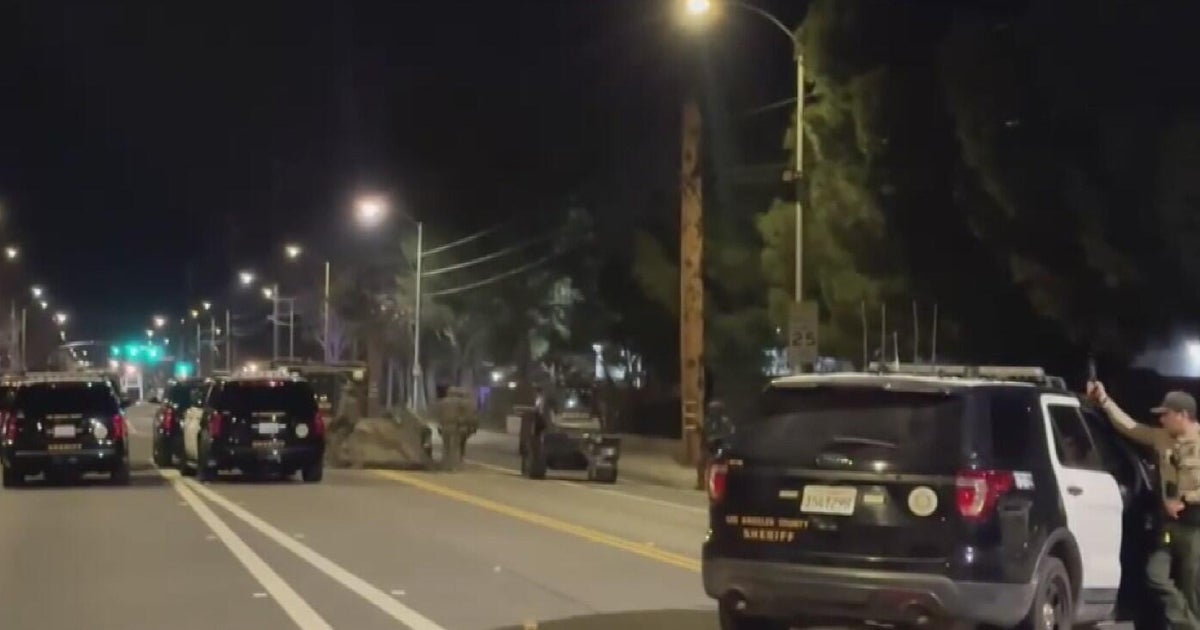James Lewis, prime suspect in the 1982 Tylenol murders, died of pulmonary embolism
CHICAGO (CBS) -- James Lewis, the prime suspect in the infamous 1982 Tylenol murders, died of natural causes last month, an autopsy has determined.
The Massachusetts Office of the Chief Medical Examiner determined Lewis, 76, died of Pulmonary Thromboemboli, also known as a pulmonary embolism, when a blood clot gets stuck in the blood vessels in the lungs. His death was ruled to be from natural causes, according to a spokesman for the Massachusetts Executive Office of Public Safety and Security, which oversees the medical examiner's office.
According to Cambridge police, Lewis was found unresponsive at his home on July 9 just after 4 p.m. He was pronounced dead shortly after.
In 1982, seven people in the greater Chicago area died after taking Tylenol laced with cyanide.
Soon after, a man wrote an extortion letter to Johnson & Johnson and its subsidiary, the maker of Tylenol -- demanding $1 million to stop the killings. The man who wrote that letter was James Lewis. He would later spend a dozen years in prison for attempted extortion. He was never charged with murder.
Sources told CBS 2 Chicago, this is a frustrating day for law enforcement, who've been investigating the case for decades. CBS 2's reporting uncovered Lewis was a prime suspect since day one, and officials felt they had sufficient circumstantial evidence for Lewis to be charged.
On Sept. 29, 1982, a 12-year-old girl in Elk Grove Village had a cold, so she took two Tylenol capsules before going to school in the morning. She collapsed and died.
Six more people would die in the days to come after taking Tylenol. Officials soon pieced together the pills were laced with cyanide. As fear and panic shot across Chicago and the country, officials didn't yet know how widespread the poisonings were.
And without the existence of social media or many other forms of mass communication, they had to warn the community to prevent anyone else from taking the popular drug by going door to door and disseminating flyers as quickly as they could.
CBS 2 Investigators began re-examining the case back in April; reporter Brad Edwards traveled to Massachusetts in 2022 to try to track down Lewis. Edwards interviewed him.
"I was hoping to see justice," one source told CBS 2.
Detectives in Arlington Heights, where three of the seven victims died, were not commenting on Monday about what Lewis' death means for the case overall. Current and former investigators and prosecutors were not willing to go on camera in light of the news, even after CBS 2 Investigator Megan Hickey made an in-person visit.
Arlington Heights police said the case remains "active and open" and declined further comment. But CBS 2 has spoken to them in the past about why there still hadn't been any charges filed in the case 40 years later.
The Cook County State's Attorney's Office and the DuPage County State's Attorney's Office have never answered CBS 2's questions about why charges weren't filed against Lewis or any other suspect.
Former Assistant U.S. Attorney Jeremy Margolis, who prosecuted Lewis for attempted extortion, said in a statement, "I was saddened to learn of James Lewis' death, not because he's dead, but because he didn't die in prison."
CBS 2 also asked investigators if any internal documents related to the case will be made public, but have not received a response.
Lewis was living at the same Cambridge, Massachusetts, apartment he moved into after being released from prison. He was really the only living known person of interest and had not been seen or heard from in more than a decade.
CBS Chicago interviewed family members, attorneys, and law enforcement officers whose lives were forever impacted by the murders. The victims' last moments to stories from inside the internal investigation are documented throughout the interviews.
Forty years later, the poisoning murders still send a chill through the memories of generations of Chicagoans. The deaths led to the creation of tamper-proof packaging and forever changed how people consume over-the-counter medication. But they also remain unsolved.







